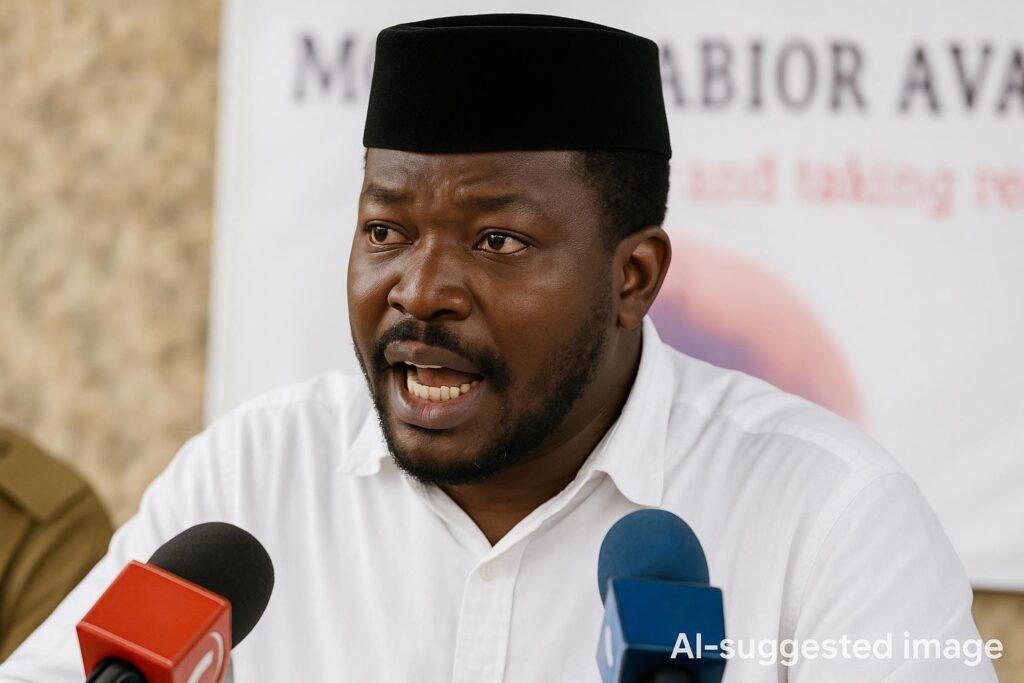Conflicting Reports on Gaza Relocation Deal
On 13 August 2025, Al Jazeera English reported that Israeli officials were exploring the forcible relocation of Palestinians from Gaza to South Sudan, citing unnamed sources familiar with the negotiations.
The Independent offered a similar account, asserting that Prime Minister Benjamin Netanyahu’s office had reached an advanced stage of talks with Juba over potential resettlement.
South Sudan’s Ministry of Foreign Affairs swiftly denied the story, calling it ‘baseless’ and inconsistent with official policy, yet declined to clarify whether informal discussions had ever taken place.
Juba’s Diplomatic Tightrope
Since independence, South Sudan has balanced relations between Arab League neighbours and Israel, courting investment while avoiding alienation of traditional allies.
Analysts in Juba suggest the government now sees closer ties with Israel as a route to diversify revenue beyond oil and to secure technology for agriculture and water management.
Critics, however, warn that any perception of complicity in forced transfers could damage South Sudan’s reputation among African Union peers and inflame domestic opinion already sensitive to refugee issues.
Regional and International Reactions
The African Union reiterated its commitment to a two-state solution and underscored that relocation schemes cannot substitute for negotiated peace.
Kenyan diplomat Lucy Makena observed that ‘any plan moving populations across continents risks setting an unwelcome precedent in world affairs’.
Israel’s foreign ministry neither confirmed nor denied the talks, saying only that ‘all options are examined to ensure Israel’s security’.
Legal Ramifications for Two-State Vision
International law scholars stress that mass transfer without consent would breach the Fourth Geneva Convention and could undermine Palestinians’ claim to a permanent population, a key Montevideo Convention criterion for statehood.
South Sudan’s constitution guarantees asylum to victims of conflict, raising questions about how Juba would reconcile domestic law with any relocation agreement.
What Lies Ahead for South Sudan
Observers believe President Salva Kiir’s administration must enhance transparency, either by publishing minutes of any foreign consultations or by initiating an independent parliamentary inquiry.
A clear stance could soothe public scepticism, reassure investors, and maintain Juba’s delicate positioning between competing Middle-Eastern and African interests.
For now, the reported deal serves as a reminder that even young nations can find themselves entangled in the globe’s most protracted disputes, where every diplomatic step carries regional security implications.


